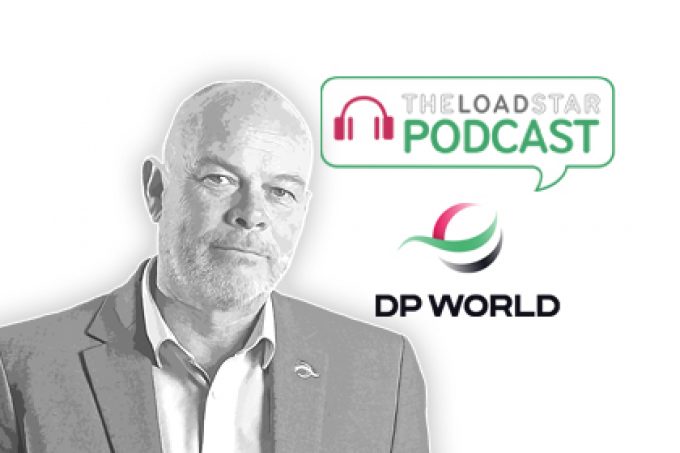US-Mexico connectivity push drives autonomous freight corridor project
Concern about tariffs hitting flows between the US and Mexico is not slowing a push ...
ZIM: SURGING ON TAKEOVER TALKEXPD: CASHING INCHRW: INSIDER SALEFWRD: TRADING UPDATETSLA: POWERING THE UKUPS: DRIVER DEAL EXTENSIONMAERSK: BEARS UPPING TARGETSCHRW: NEW HIGHS AND PAYOUT CONFIRMEDBA: GREEN LIGHTMAERSK: ONE UPGRADE AFTER ANOTHER FDX: STEADY YIELDCAT: DOWNSIDE RISKMAERSK: SOARINGMAERSK: CONGESTION RISK MAERSK: 'ACCELERATION OF GLOBALISATION'
ZIM: SURGING ON TAKEOVER TALKEXPD: CASHING INCHRW: INSIDER SALEFWRD: TRADING UPDATETSLA: POWERING THE UKUPS: DRIVER DEAL EXTENSIONMAERSK: BEARS UPPING TARGETSCHRW: NEW HIGHS AND PAYOUT CONFIRMEDBA: GREEN LIGHTMAERSK: ONE UPGRADE AFTER ANOTHER FDX: STEADY YIELDCAT: DOWNSIDE RISKMAERSK: SOARINGMAERSK: CONGESTION RISK MAERSK: 'ACCELERATION OF GLOBALISATION'

In this sponsored episode, Nick Savvides, The Loadstar news editor, explores how a rapidly evolving regulatory environment and shipper demands for more sustainable maritime supply chains are pushing terminal operators to cut emissions.
Nick is joined by Steve McCrindle, DP World’s port operations director at Southampton, who explains how the deployment of green fuels is now helping the company dramatically reduce the carbon footprint of its quayside operations.
Episode in more detail:
Removing diesel from ‘green corridors’ (2.19)
Managing lithium batteries (4.40)
Getting to net zero (6.26)
The benefits of HVO (8.22)
Who pays for renewable fuel? (9.35)
A sustainable, sustainable fuel (11.45)
Cutting emissions across DP World (13.22)
From road to rail (15.56)
Brexit and Southampton’s cold chain (16.48)
Click here to receive an email notification every time we release a podcast.


Comment on this article